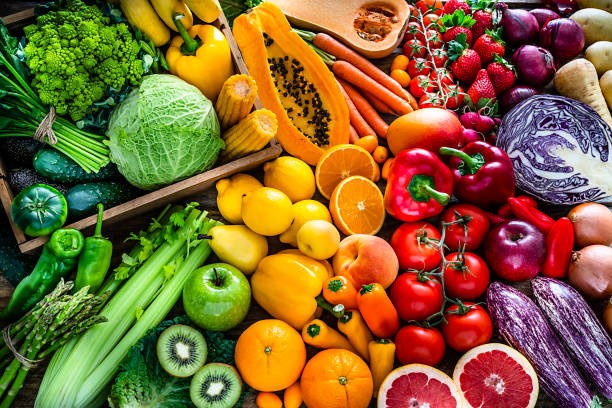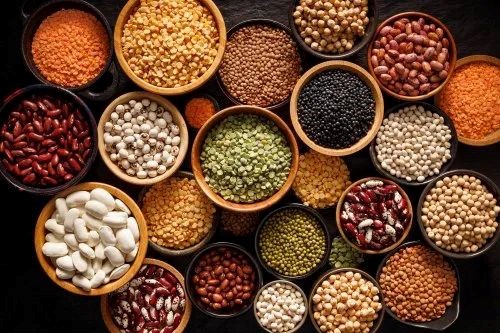A systematic approach which aims at applying available knowledge to address environmental, economic & social sustainability dimensions for on farm production & post production process, resulting in safe & quality food & non food agricultural products
The APSOPCA will perform the GAP certification based on Control Points and Compliance Criteria (CPCC) issued under IndG.A.P. scheme to certify the GAP products for direct human consumption or for further processing for human consumption by food industry. The following are different sub-scopes under which different crops are certified.

IndG.A.P. certification covers fruit and vegetables used for fresh, cooked, or processed. Fruit andVegetables for the purpose of IndG.A.P. certification is defined in the list below.

Covers extensive crops for cooked or processed consumption by humans or animals or for use in the industry e.g. cereals, pulses. Combinable Crops for the purpose of IndG.A.P. certification are defined in the list below.



The crops which are listed by Spice Board and traded as spices are included as spices, however for easy understanding if the product is used in fresh form after harvest for immediate consumption by end consumer, then MRL of that form and F&V module will be applicable.
1 . Option 1 (Individual Certification)
a . Multisite without implementation of QMS
Individual producer or one organization owns several production locations or Production Management Units (PMUs) that do not function as separate legal entities, applies and gets certification without implementation of Quality Management Systems (QMS).
b . Multisite with implementation of QMS
Individual producer or one organization owns several production locations or Production Management Units (PMUs) that do not function as separate legal entities, applies and gets certification with implementation of Quality Management Systems (QMS).
2 . Option 2 (Group certification)
The Scheme is open to all farmers/producers or organizations engaged in IndG.A.P. implementation who are legal entities in India.
The producer is required to comply with three types of compliance criteria set out in the GAP standard. These are Critical, Major and minor, which must be fulfilled in all respects before certification
| The level of compliance shall be established based on the following: | |
| a. Major | : 100% compliance of all applicable critical control points |
| b. Minor | : 95% compliance of all major control points is compulsory |
| c. Recommended | : No minimum percentage compliance required |
The applicant shall ensure that each individual site and product complies with the certification requirements. Thus, the compliance percentage shall be calculated taking into account all the control points applicable to each site and product.
1 . Certification Process :
Download2 . Complaints and Appeals :
Download3 . Risk management plan :
Download4 . Rules for use of certification mark :
Download5 . Non-discriminatory policy :
Download6 . India Good Agricultural Practices (IndG.A.P.) Certification :
Download7 . Compliance criteria and Control Points :
Download8 . Directory of Certifed products :
Download9 . Brochure for IndG.A.P. certification :
Download